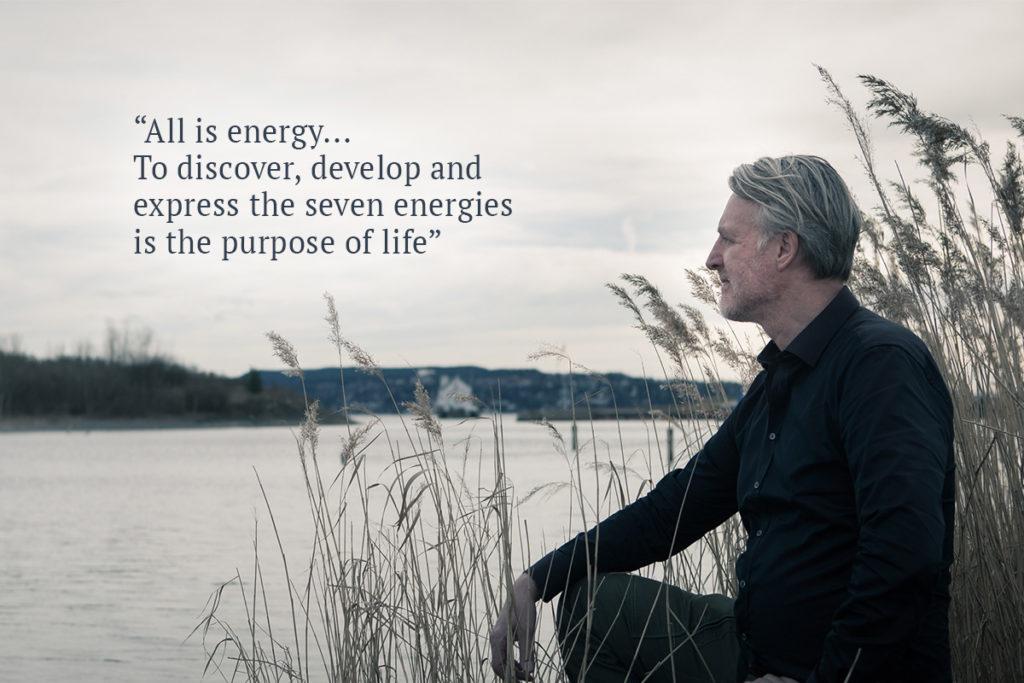
Meditation And Breathing - Recommendations For Beginners
Years back, throughout a rough patch in existence, I began visiting a behavior psychiatrist to cope with some anxiety issues and insomnia. A part of his sessions frequently contained a led meditation, where he'd talk to me in gentle tones as i lay around the sofa, breathing deeply. The meditations were most likely a great twenty minutes approximately, and albeit, I wondered if possibly these sessions were only a method for my counselor to obtain a break from hearing my existence nonsense, however i found them very relaxing and left later on feeling calm and refreshed, two feelings that did not come naturally in my experience.
After one session, my counselor complimented me on my small breathing. He noted which i could slow my breath lower and take very lengthy, deep breaths that solved the problem achieve another condition. Greater awareness? Maybe. Calm and relaxed? Certainly, a minimum of during as well as for a little following the meditation Define synthesis. He requested basically had learned this somewhere. I told him concerning the years I'd spent taking Kundalini Yoga from the prominent LA teacher. It had not been daily training, only a class or more per week with a lot of other students inside a studio or perhaps in the instructor's family room.
"Breath of fireside" (very rapid out and in breath with the nose and controlled through the diaphragm) and methods that incorporated clogging your gutters lung area with just as much air as you possibly can (or blowing All of the air from your lung area and keeping them empty - always more difficult), after which doing yoga while holding the environment in or out is the type of training that may improve breathing technique. There have been also gong meditations, laying lying on your back, eyes closed, and breathing deeply as the instructor bangs on the large gong, that you simply hear in addition to feel (seem waves) throughout the meditation.
Begin small. Many people who meditate "religiously" (it's spiritual, sometimes, although not always religious, although the Big 3 religions make reference to silent or personal prayer as "meditation") achieve this each morning upon waking (and a few do, actually, wake up at 4:30 for "sadna," a pre-beginning meditation used by some Sikhs, once the spiritual energy should really b especially strong), and on the other hand within the late mid-day or early evening (after or before dinner is excellent).
Breathing before going to sleep is a great way to relax, however a full meditation before bed isn't advisable because that may trick the body and brain into thinking you've rested enough already. Even though morning hours meditation appear to become fantastic for a lot of, be sensible with regards to you. Don't be wake up at five to six to meditate should you hate getting out of bed early. Get it done when it is convenient and simple for you, after which you will be more prone to carry on doing it!
For meditating for any week (or even more) without water and food such as the Buddha, this is not suggested for novices or perhaps the experienced. For most of us, 15-twenty minutes is a great session, but 5 minutes is advantageous, and a few lengthy-time practitioners is going to do longer mediations. Beginning out, 5 minutes is a great number because it's not hard to accomplish as well as provide a novice an idea from the positive benefits. Try that for any couple of days, or perhaps a week, then proceed to ten minutes, fifteen minutes and lastly twenty minutes. For me personally, and many meditators, twenty minutes appears is the sweet place.